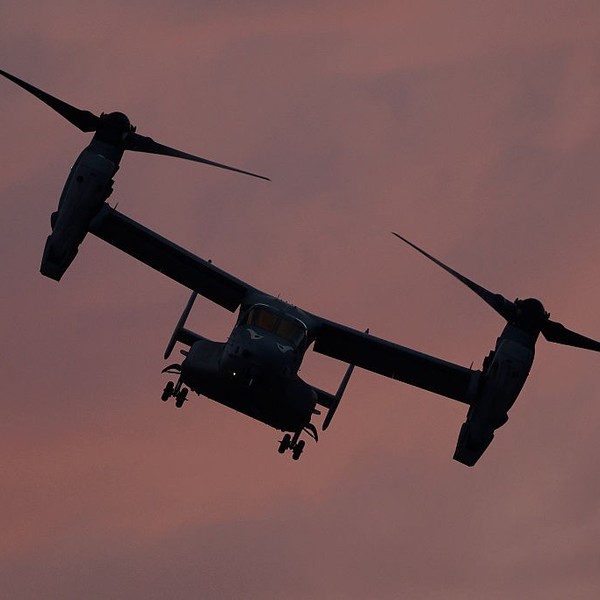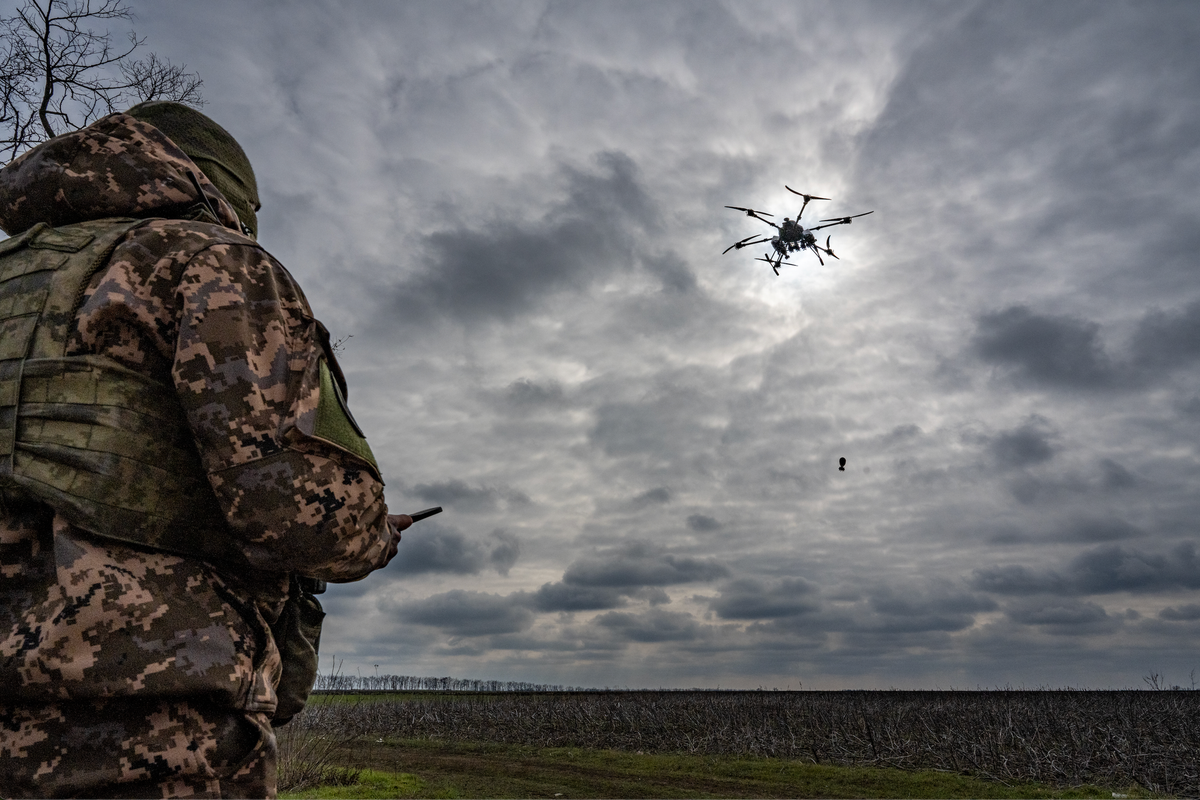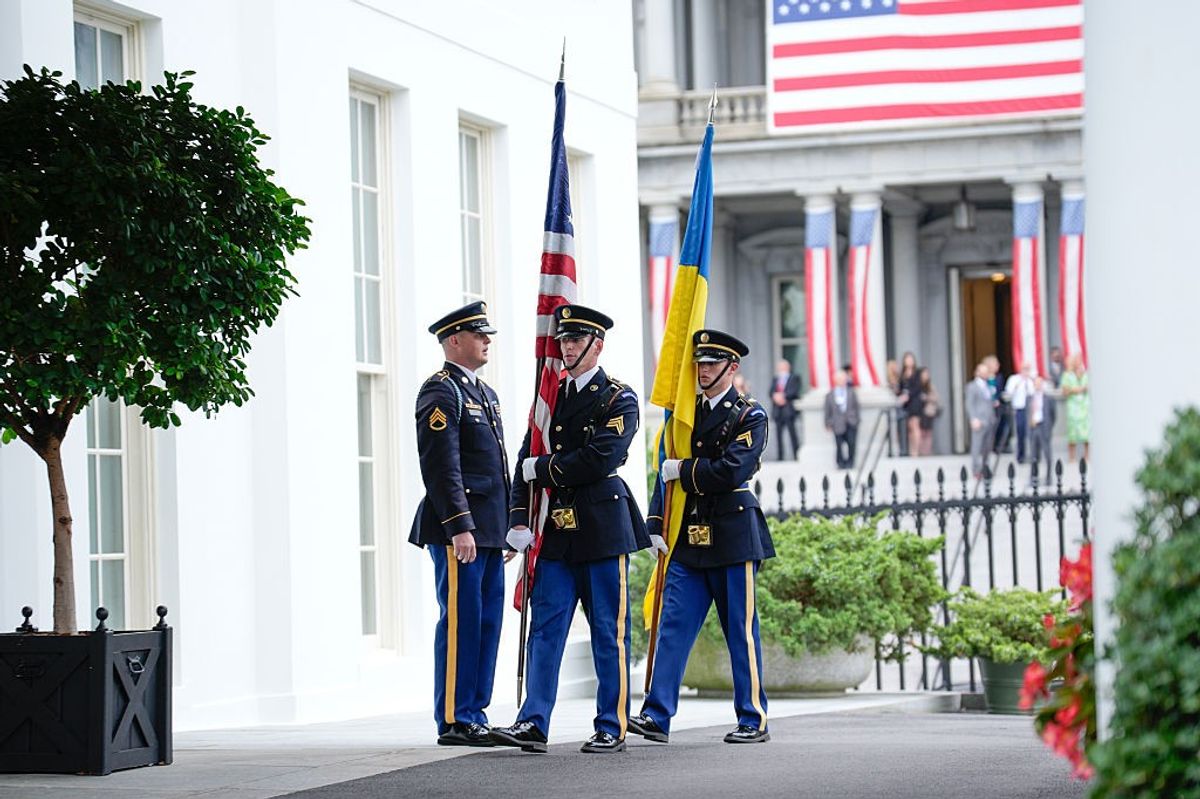OPINION — In a world where global power is no longer solely fought over through use of military might but won through wit, diplomacy, and innovation, Greece is recasting its story. Leading that transformation, at least in Economic Diplomacy, is Greece’s new Deputy Foreign Minister Harry Theoharis, a man who envisions a new Greece: one that equates defense modernization with economic diplomacy to position the country as a serious regional player in the Eastern Mediterranean and beyond.
In his first public remarks when he took the role in late June, Theoharis was clear: Economic diplomacy is no longer just a question of endorsing trade missions or signing memos. The primary goal is to use it as a strategic multiplier—to synergize Greece's enhanced defense capabilities, its developing innovation economy, and its global partnerships into a single connected, cohesive, forward-looking foreign policy message.
In the past, defense and diplomacy have run parallel courses in Greece. With this new Deputy Foreign Minister at the helm, those courses have begun to cross over. Greece's will soon come to see that multi-billion-euro investments (decided from 2020 to today) in defense modernization—new Rafale fighter planes, Belharra-class frigates, air defense missiles, and advanced weapons systems—could serve a dual purpose: bolstering national security while providing international partnerships and market opportunities.
Deputy Foreign Minister Theoharis has intentionally linked defense procurement with export promotion and industrial cooperation. Exhibitions like DEFEA (Defense Exhibition Athens) are not just military exhibitions anymore; they're statecraft tools, welcoming generals but also investors, tech startups, and foreign ministers. The message is unambiguous: Greece is not only defending its borders anymore. It sells its capabilities, innovation, and reliability.
Under this new approach, Greek economic diplomacy also goes hi-tech. In collaboration with the Ministry of Defense, Greece's Hellenic Center for Defense Innovation (HCDI) has established itself as a magnet for international investors and R&D centers. Its work on the promotion of dual-use technologies - AI, drones, cyber defense, and secure communications - which have put Greece on the map as a business partner in NATO and EU innovation ecosystems.
Initiatives such as joint symposia with France and emerging cooperation with India and Armenia are not just symbolic. They are pitches for investment. Defense is the icebreaker; economic cooperation is the main course.
Subscriber+Members have exclusive access to the Open Source Collection Daily Brief, keeping you up to date on global events impacting national security. It pays to be a Subscriber+Member.
One of the most astute steps Greece has taken is to place itself not merely as a buyer of defense products, but as a regional hub for training, logistics, and education.
Kalamata international pilot training center, operating in collaboration with Israel, is now of interest to several other nations. Recent agreements involving cooperation with Armenia, Cape Verde, and Egypt on military education, simulation technology, and logistical support are not defense agreements—these are medium- and long-term undertakings that bring together state security with institutional trust and economic interaction.
By linking military training courses with economic diplomacy missions, Greece has rewritten its narrative: no longer a consumer of security, but a producer of security. No longer a minor player in the region, but a gateway to Europe, the Middle East, and Africa.
The key to the success of Deputy Foreign Minister Theoharis will be in his ability to marry vision with operational accuracy. His ministry has introduced such instruments as myOEY.live.gov.gr to speed up export licensing and investor involvement, opening Greece to foreign partners. Now he must also help to strengthen the Foreign Direct Investment Screening Mechanism to keep Greece open - but not vulnerable - to foreign capital in strategic sectors like energy, infrastructure, and defense technology.
Need a daily dose of reality on national and global security issues? Subscriber to The Cipher Brief’s Nightcap newsletter, delivering expert insights on today’s events – right to your inbox. Sign up for free today.
This emphasis on transparency, governance, and digital efficiency is not bureaucratic, it's strategic. It's a signal to potential partners and investors: Greece means business. To succeed, Greece must further develop and consolidate its running high-value partnerships:
- With France, through defense innovation and industrial co-development
- With India, through the first-ever Greece–India defense agreement and military exercises like "Iniochos”
- With Saudi Arabia and Egypt, in areas from air defense to maritime security, to energy diplomacy.
- With Armenia, in defense industry collaboration and joint training initiative.
All these alliances began as a security dialogue, but in time became broader diplomatic and economic opportunities.
Greece's modern history has been defined by crisis: economic, immigration, geopolitical. But now a different story is being written: one of confidence, competence, and planning and the Hellenic Ministry of Foreign Affairs takes a front seat to that. The portfolio of the Deputy Foreign Minister for Economic Diplomacy and Extroversion is paramount to the successful integration of these areas.
The new Deputy Foreign Minister is already showing that a clear, coherent vision can alter how a nation is perceived and how it operates. Defense is not just guns anymore; it's alliances. Diplomacy is not just friendliness anymore; it's development. And economic policy is not just homegrown anymore; it's international, strategic, and security oriented.
By bringing together the country's defense modernization plans (already 5th in NATO for several years in terms of spending as a percentage of GDP), innovation potential, and foreign investment strategy, Greece can rise as a major, multidimensional global player.
Greece must not look at foreign policy, defense, and economic planning in isolation and instead show the world that it does not just react to the world's challenges, but offers solutions and long-standing partnerships. In other words, in a world gone mad, Greece proves that it can be an honest mediator among state actors and an island of stability for the West.
The Cipher Brief is committed to publishing a range of perspectives on national security issues submitted by deeply experienced national security professionals.
Opinions expressed are those of the author and do not represent the views or opinions of The Cipher Brief.
Have a perspective to share based on your experience in the national security field? Send it to Editor@thecipherbrief.com for publication consideration.
Read more expert-driven national security insights, perspective and analysis in The Cipher Brief














